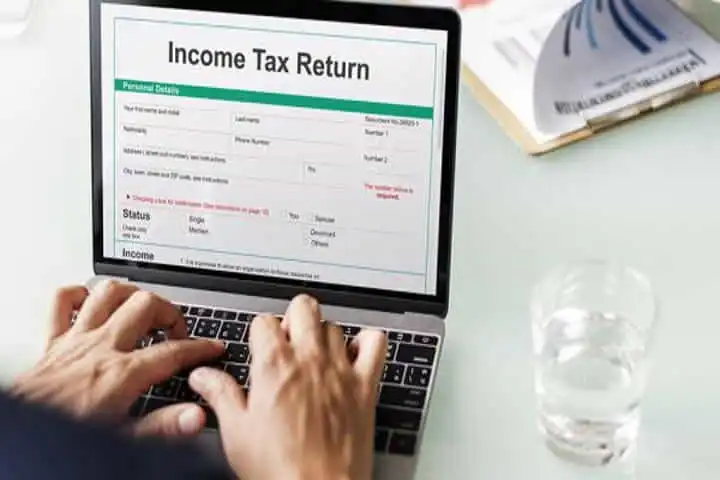In conformity with the Government’s policy of facilitating ease of doing business and decriminalisation of offences, the Central Board of Direct Taxes (CBDT) has issued revised guidelines for compounding of various offences under the Income-tax Act.
Some of the major changes made for the benefit of taxpayers include making offence punishable under Section 276 of the Act as compoundable, according to a CBDT statement.
Section 276 deals with removal, concealment, transfer or delivery of property to thwart tax recovery.
Further, the scope of eligibility for compounding of cases has been relaxed whereby the case of an applicant who has been convicted with imprisonment for less than 2 years being previously non-compoundable, has now been made compoundable. The discretion available with the competent authority has also been suitably restricted.
The time limit for acceptance of compounding applications has been relaxed from the earlier limit of 24 months to 36 months now, from the date of filing of complaint.
Procedural complexities have also been reduced.
Specific upper limits have been introduced for the compounding fee covering defaults across several provisions of the Act. Additional compounding charges in the nature of penal interest @ 2% per month up to 3 months and 3% per month beyond 3 months have been reduced to 1% and 2% respectively.
The detailed revised Guidelines for Compounding of offences dated 16.09.2022 are available on http://www.incometaxindia.gov.in.




















